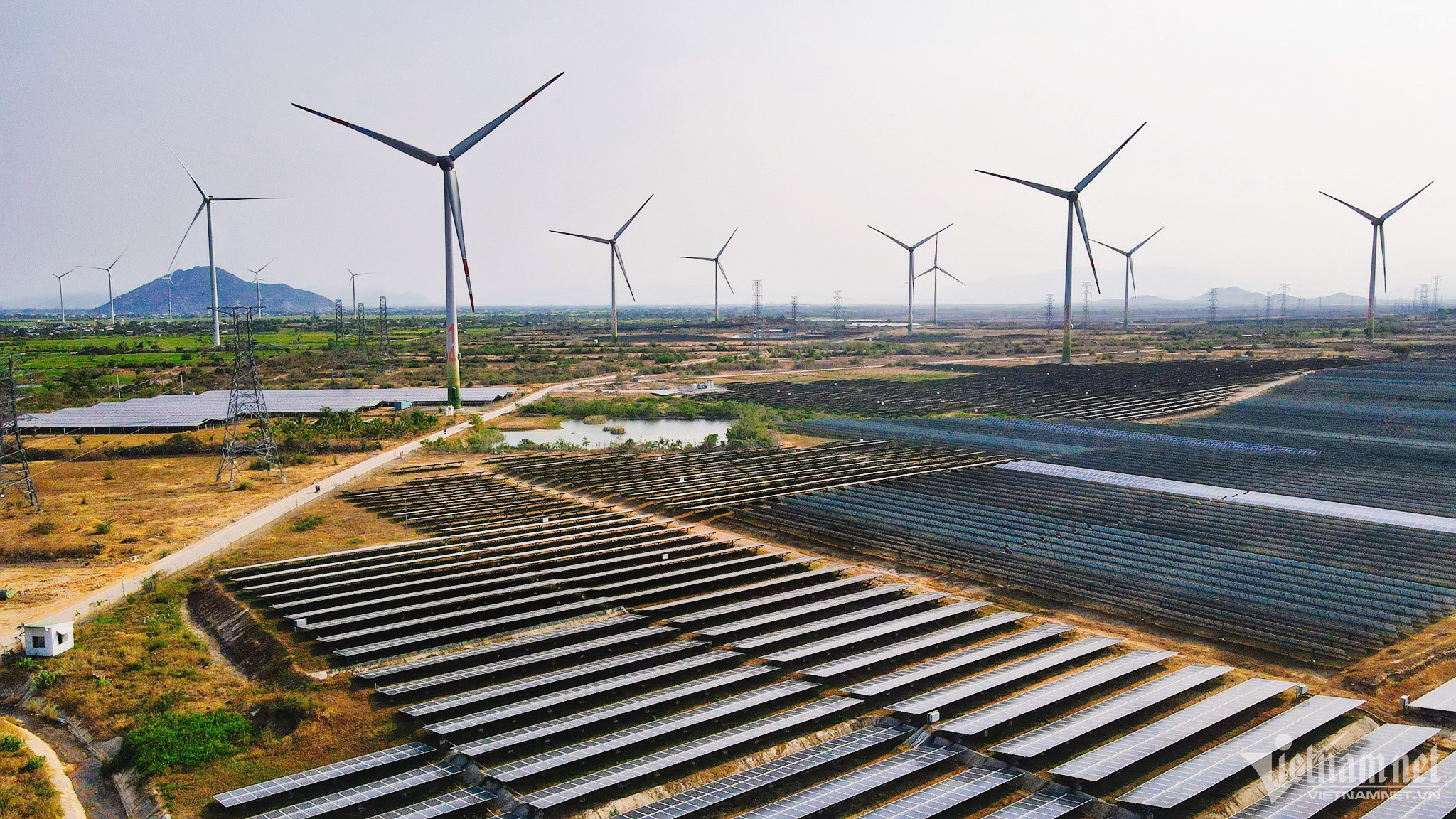
The draft once again affirmed Vietnam’s view on accelerating the development of renewable energy, new energy and clean energy (hydrogen, green ammonia…) to ensure the security of the entire electricity system and provide electricity at reasonable production costs, especially rooftop solar power.
Vietnam will exploit and use domestic fossil fuel sources as well as imports, gradually reduce the proportion of coal-fired power, prioritize domestic gas-fired power, and develop LNG electricity on a reasonable scale.
To realize the task of developing renewable power which is expected to be unstable, the Ministry of Industry and Trade (MOIT) said it will make heavy investments in power storage sources.
It is expected that by 2030, Vietnam will develop pumped-hydro storage plants with a total capacity of 2,400MW.
“By 2050, the stored power total capacity is expected to reach 30,650-51,850MW,” MOIT stated.
The ministry has emphasized developing wind power, onshore and offshore, and solar power, suitable to the absorption capability of the power system.
Vietnam will prioritize the development of wind and solar power (including rooftop solar power) for consumption on the spot, with no connection to the national grid.
It is expected that by 2030, onshore wind power capacity would be 21,880MW. As for offshore wind power, the capacity would be 6,000MW, or 1,000MW lower than the targets set in the previous drafts.
However, the draft has opened up a new way for developing offshore wind power for export, without connection to the national grid, with a capacity of 3,000-4,000MW by 2030.
The projects of this kind will be allowed to develop without any limitations.
Keiju Mitsuhashi from the Asian Development Bank (ADB) said at the international consultation conference on PDP 8 on May 4 that PDP 8 is built to satisfy a lot of requirements, including ensuring energy security and affordability, while Vietnam must reach the goal of having zero net emission by 2050.
The ADB applauded the intention to build a bidding/auction mechanism for projects and it is ready to support Vietnam to implement pilot battery energy storage systems (BESS) projects, especially in the north, where the electricity shortage risk is high.
Luong Bang